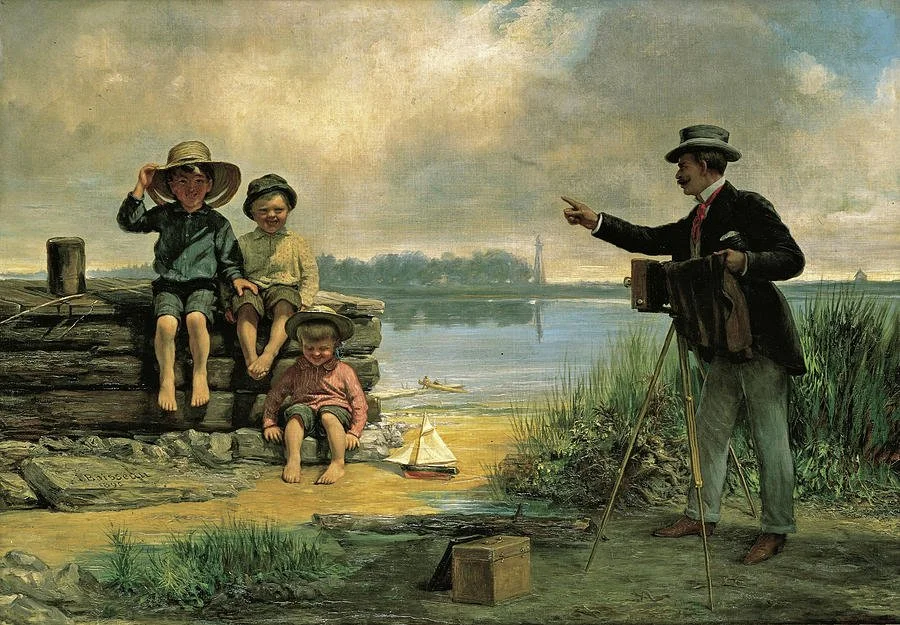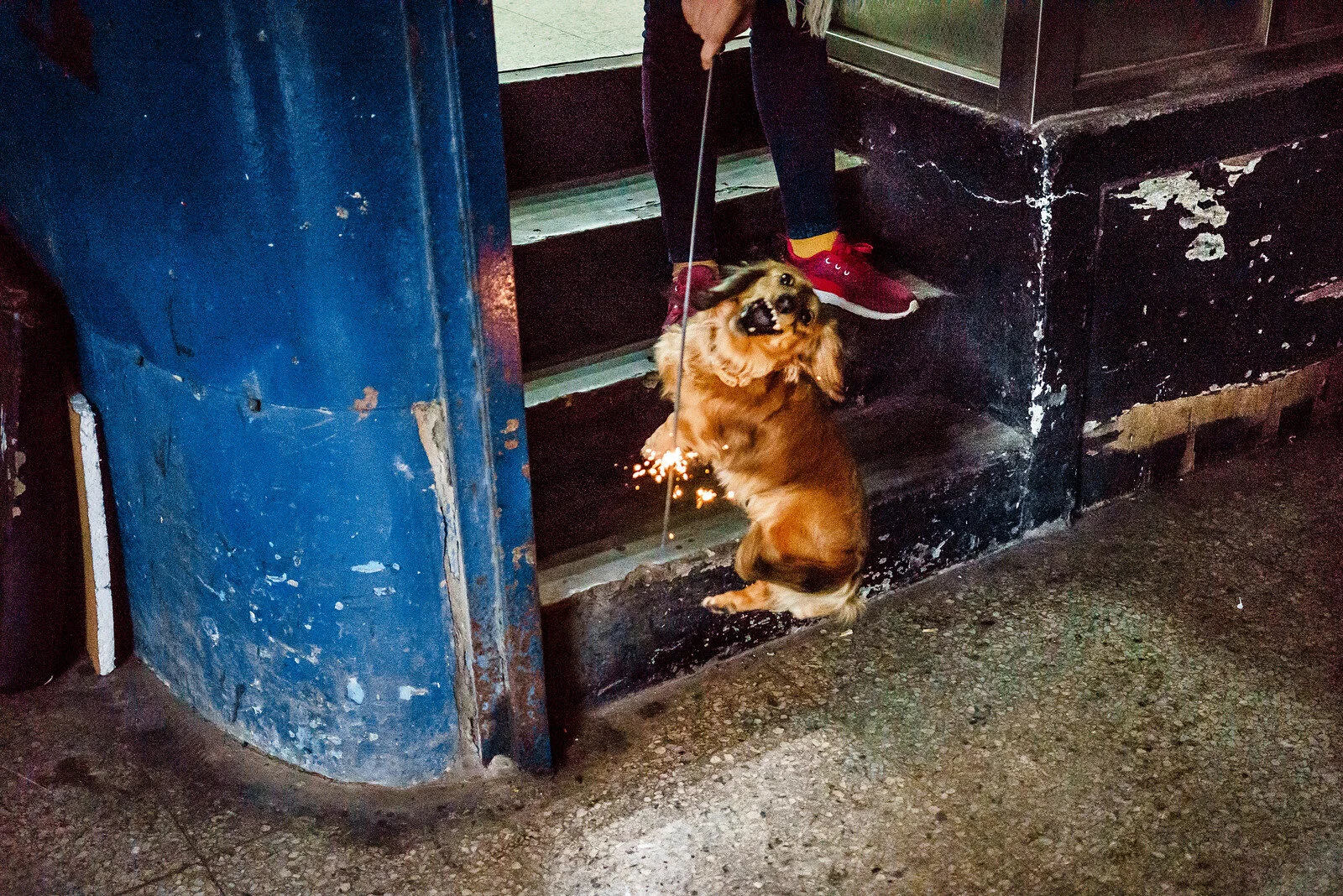L.V. Please share your story with us, but not the one of the photographer but the story of the individual you really are.
T.B. My name is Taras Bychko. I'm 31 years old. I'm from Lviv (Ukraine), where I grew up and live now. I’m a lawyer by education. I have bought my first camera in 2012 after the birth of my son for taking pictures of my family's everyday life. Interestingly, in that time I wasn’t interested in photography and no one in my family was thrilled with it too. But as soon as I began to make the first shots I quickly realized that this would be something more for me than just a hobby.
What is photography to you and why do you feel the need to take pictures?
For me, photography is a language in which I want to show and tell about the life, that rages around. The photo makes me to improve and it launches a process of constant desire to look for something new in itself and in the environment. It's like a sort of staircase that leads above and has no end. In short, photography for me is an integral part of my life, where the need to photograph I can only compare with the need for food, for example.
Every day we come across a large number of street photos which are in essence a display of technique or which aim to impress the viewer, at best. In your view, what makes a good street photograph and therefore worth being noticed?
Good street photography is like a lottery prize: when it comes to the impression that you should be in this place and at this time, it is a peculiar gift of fate. But lucky are only those, who work hardly and are ready to react to the situation around. In my opinion, the most important thing for the photographer is the selfless love to the street photo which, as a result, gives rise to a desire to constantly develop and be hard-working.
When it comes to your own photography, to what degree is emotion definitive in giving shape to your personal vision? Do you feel that emotive images can direct the viewer?
For me, the "mood" of photography is very important. Probably on the same level or perhaps even more than the composition and the content of the image.
Color is a significant element in what you do, even in low light scenes. Is color something that can assist you in expressing your vision more than when you shoot in b/w?
For me, the "scene" itself dictates whether it will be color or b/w. So I don’t highlight something more or less. I like to move from one to the other.
Let’s move on to your City project. Is it, in fact, a documentary or is there something more specific you want to communicate through this body of work?
Project Sykhiv. My goal is to pause the time, in which we have now, and document it as it is: exciting and difficult. Everything around me is changing so quickly, that it became interesting for me to photograph those where I live, my district. And interestingly, people, who see these photos, began to associate them with their cities. Sikhiv is a sleeping area of Lviv, which is similar to the same areas in other cities, so people started recognize their homes in it. If we talk about it in a global context, then it's interesting for me to show, how Eastern Europe lives. I don’t create a sample: to photograph only the good or only bad, the principle of documentary photography - to show all that it is in real life.
Photos from your Family project have been awarded in a number of contests, which shows the power of this body of work. What made you turn your camera towards the familiar of family and away from the streets? Also, this work is accompanied by a number of drawings which progressively become more colorful and more articulate. What is the contribution of those drawings to your story-telling?
The first reason to shoot Family Album is (maybe like everyone) the desire to document the life of my family. I want to make photos, which would help my children to rememebr their childhood, how they looked and how they spent their time. The second reason is predetermined by a part of my work life: during few years I teach in different photo schools, where very often I hear the same question from my students: “What I can shoot when I don’t have enough time? Home and job take it all”. It generated my desire to start the project and to limit it physically within the walls of my flat. Also, it became for me, as photographer, a new challenge: what I can shoot in so everyday conditions? But the flat became peculiar decorations for all photos from this project. Children a lot of their time spend at home, so I have to watch and fix all things, which will be interesting and exciting for them. Regarding your question about drawing: these are my older son's drawings that will form part of the concept of the future book “2 rooms” I’m currently working on now.
It seems like your Home project serves as the link between the viewer and the photographer. How do you experience sharing intimate parts of yourself, which could be seen as a visual diary?
As I wrote, now for me photography is all that's going on around me. I'm shooting things, that matter to me, and appear that they’re interesting not only to me. It's very rewarding.
You are the founder of 380Collective. How do you see collectives today?
Collectives is a great opportunity to unite like-minded people and cover their forces in the development of favorite affair. When we were making the 380Collective, I would like to unite Ukrainian street photographers for popularizing street photography in Ukraine. This task I set to myself as one of the initiators of the Ukrainian street photography group. It seems to me that such associations help and work for the promotion of photos in general and the development of each participant.
Are there any projects you are currently working on? Tell us about your future plans.
There are many ideas waiting for their incarnation. But now it's most important to complete the started projects this year.





